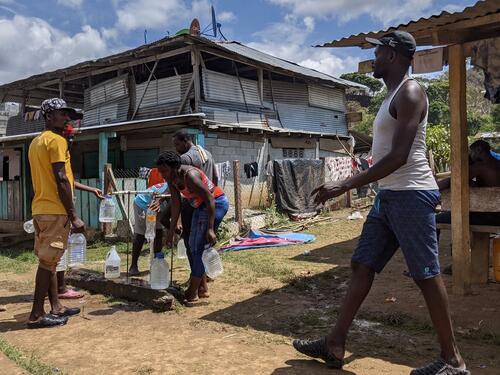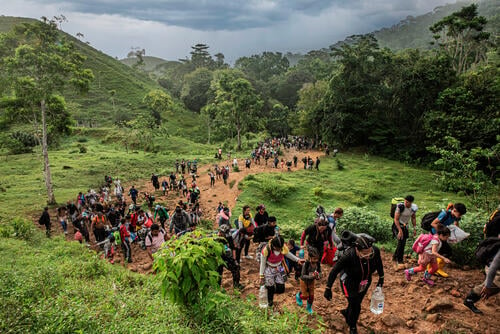MSF teams provide medical and mental health care to people who have crossed the Darién Gap, on the southern Panama border, as they move along the Central American migration route.
Our activities in 2023 in Panama
Data and information from the International Activity Report 2023.
66
66
€2.6 M
2.6M
2021
2021
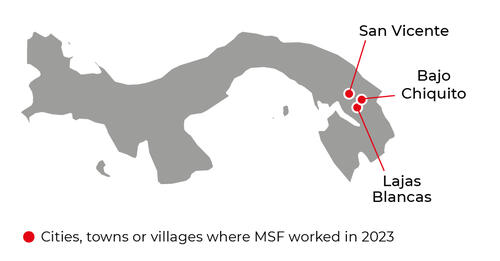

63,400
63,4
3,010
3,01
540
54
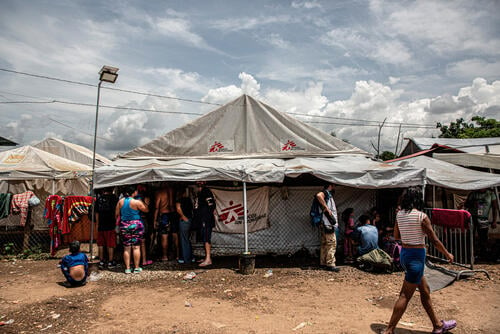
MSF resumes activities in Darién Gap
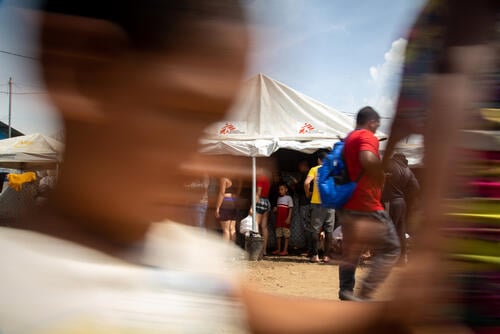
MSF forced to suspend medical care for people on the move in Panama
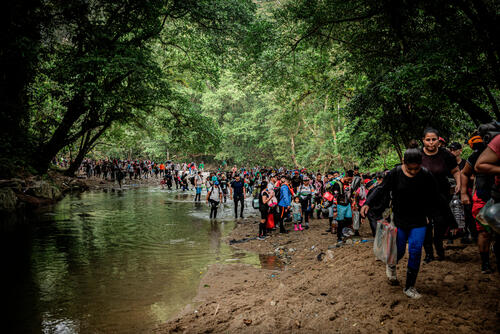
Lack of action sees sharp rise in sexual violence on people transiting Darien Gap
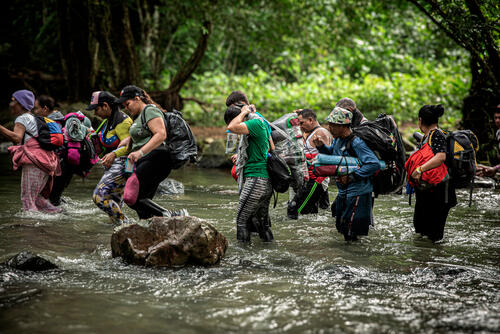
Migrants left without protection as Darién Gap crossings reach half a million
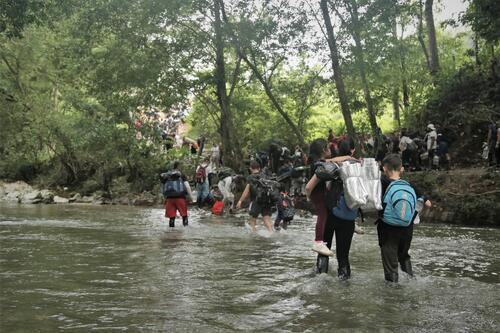
Incidents of sexual violence spike for those crossing Panama’s Darién Gap
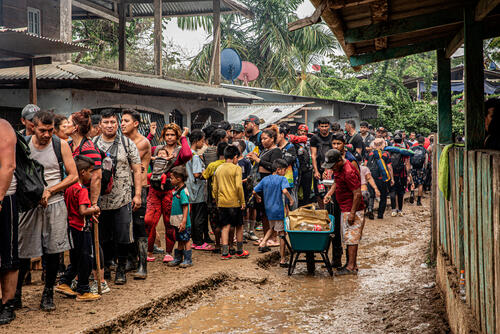
Migrants arriving in Panama in urgent need of assistance
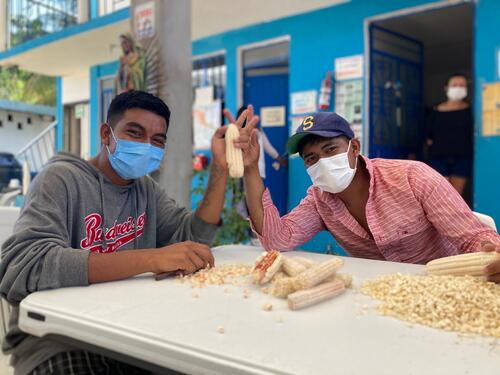
Barriers don’t deter people making their way to the United States
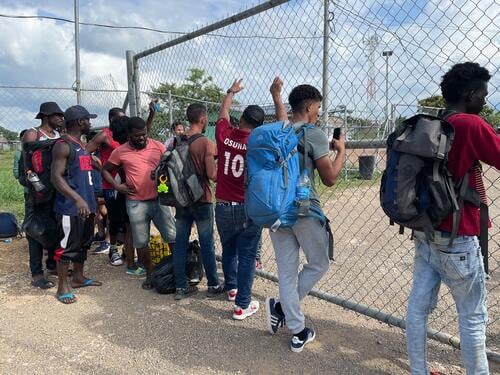
Emergency healthcare and protection needed as more people cross to Panama
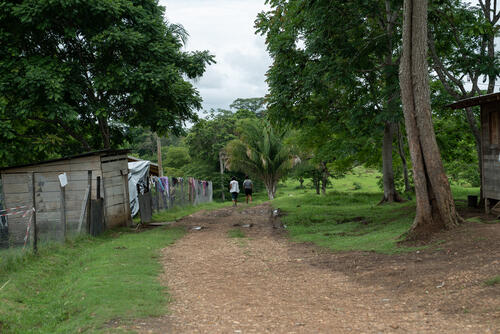
“The Darién Gap is as dangerous as ever”
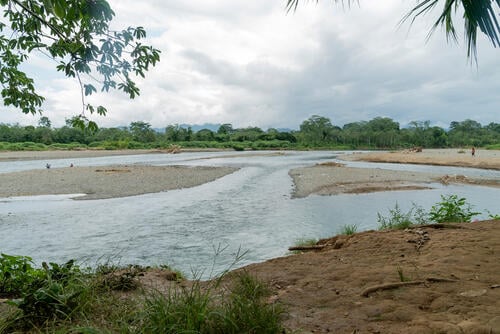
Violence and danger for people crossing Panama’s Darien jungle
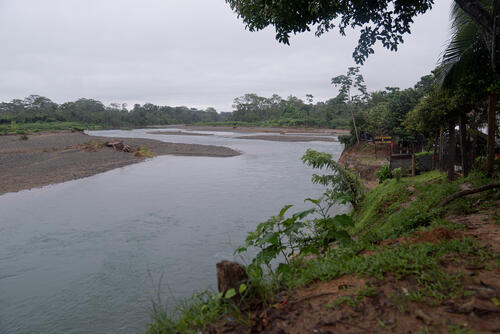
COVID-19 forces thousands of migrants to cross perilous jungle from Colombia to Panama
